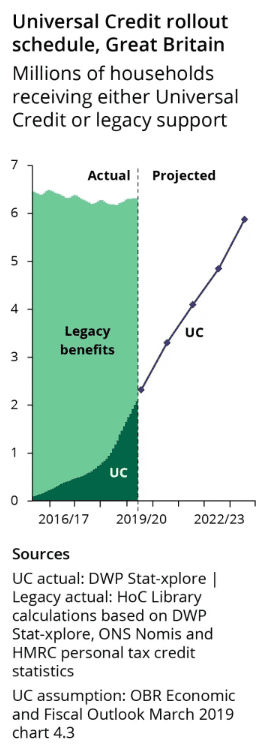
Universal Credit (UC) is replacing means-tested benefits and tax credits for people of working age. Around 7 million households will receive payments totalling around £60 billion a year when it’s fully introduced.
news, new scholarship & more from around the world

Universal Credit (UC) is replacing means-tested benefits and tax credits for people of working age. Around 7 million households will receive payments totalling around £60 billion a year when it’s fully introduced.

With welfare to work programmes under intense scrutiny, this book reviews a wide range of existing and future policies across Europe.